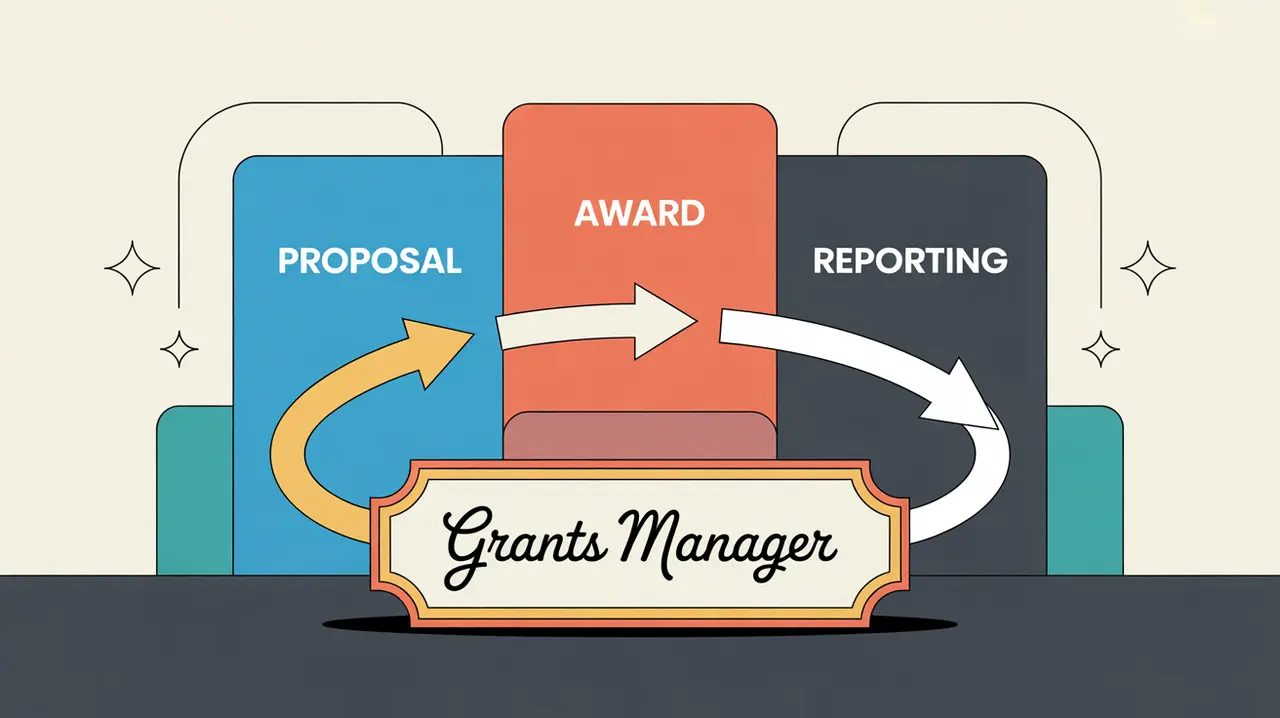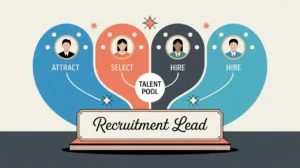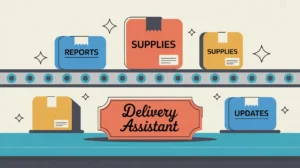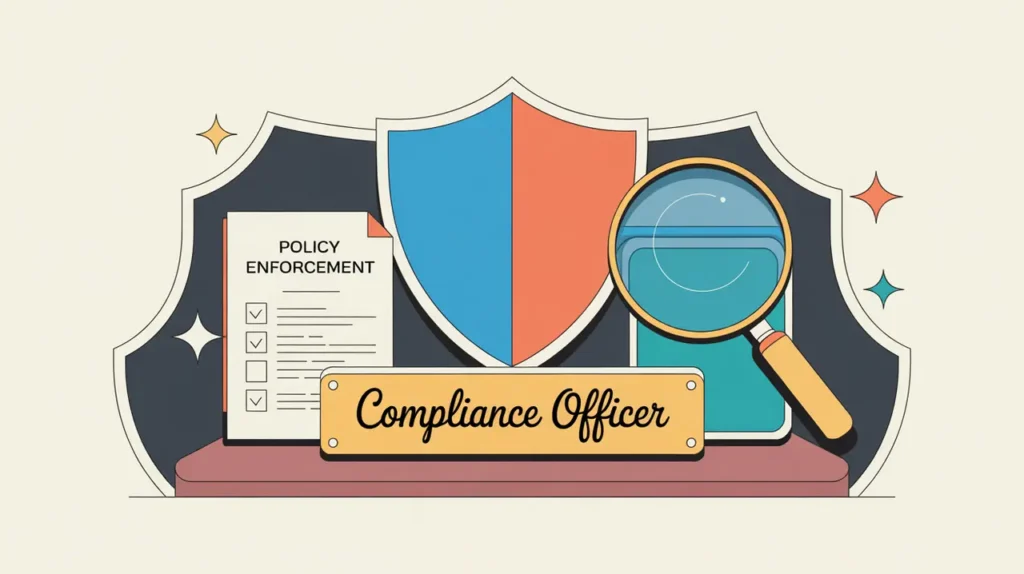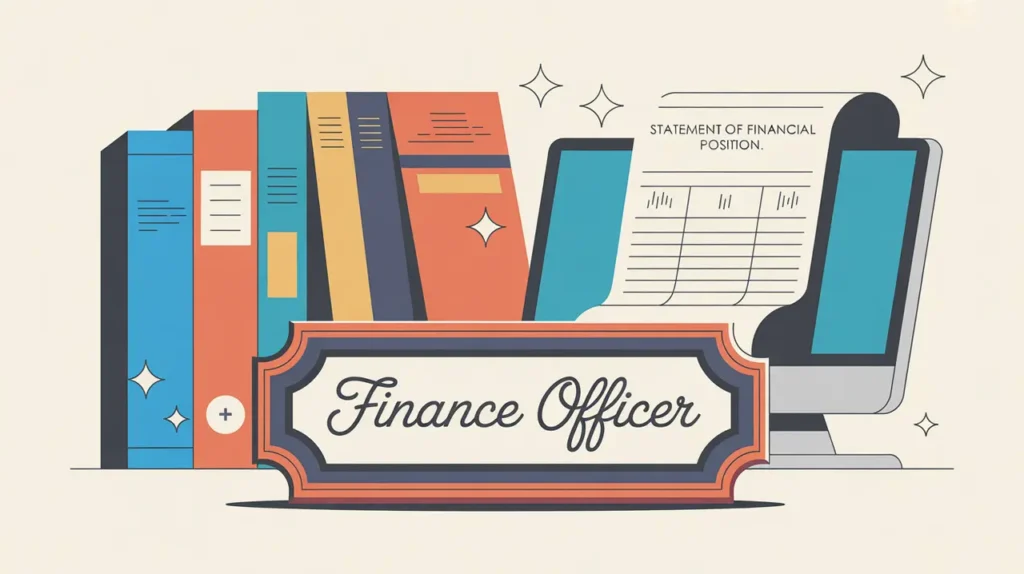What Does the Grants Manager Role Involve?
A grants manager is responsible for overseeing the full lifecycle of grantmaking or grant management processes, ensuring that grants are administered efficiently, transparently, and in alignment with organizational goals and donor or regulatory requirements. This includes managing application reviews, coordinating awards and disbursements, ensuring compliance, producing reports, and supporting strategic decisions related to grants. The role typically sits within the grants management, development, or programs function and acts as a key liaison between funders, grantees, and internal teams. In both nonprofits and social enterprises, grants managers play a critical role in ensuring that resources are distributed and managed effectively to achieve impact.
At What Level does this Role Operate?
Mid Level: This role typically reports to a director of development, head of programs, or equivalent senior leader. It often includes supervisory responsibilities over grants assistants or officers and involves both operational management and strategic input into grantmaking or grants management frameworks.
Relative Employability: Grants manager roles are in steady demand across nonprofits, social enterprises, foundations, and government agencies. As organizations navigate complex funding environments and increased compliance expectations, experienced grants managers are essential to ensure accountability and effectiveness.
Relative Pay Scale: Within nonprofits and social enterprises, grants manager roles sit within mid-level pay bands, reflecting their mix of operational oversight, strategic responsibility, and coordination across multiple stakeholders.
What are the Key Responsibilities and Activities?
- Oversee the full grantmaking or grant management cycle, including application, review, award, monitoring, and closeout
- Develop and refine grant management policies, procedures, and tools to ensure efficiency and compliance
- Manage the review and selection process for grants, coordinating with internal and external stakeholders
- Ensure compliance with donor, legal, and organizational requirements throughout the grant lifecycle
- Supervise grants assistants or officers, providing technical guidance and oversight
- Monitor grant performance, reporting timelines, and deliverables, ensuring issues are identified and addressed promptly
- Produce financial and narrative reports for funders, leadership, and boards
- Liaise with finance, legal, and program teams to align grant activities with organizational priorities
- Contribute to grant strategy development by analyzing trends, identifying opportunities, and advising leadership
What Core Competencies and Qualifications are Needed?
Required Qualifications and Experience
The following reflect common qualifications and experience expected for this role, while recognizing that pathways may vary by context, organization, and region.
- Academic background in nonprofit management, public administration, social sciences, business, or related fields, or equivalent professional experience
- Several years of experience in grant administration, fundraising, or program management roles
- Strong understanding of donor regulations, compliance requirements, and reporting standards
- Proven ability to manage complex processes, supervise teams, and coordinate across functions
- Excellent organizational, analytical, and communication skills
- Familiarity with grant management systems, CRM platforms, and reporting tools
Key Competencies
- Grant lifecycle management and compliance oversight
- Policy and procedure development
- Stakeholder coordination and communication
- Supervisory and capacity-building skills
- Strategic analysis and reporting
- Cross-functional collaboration
How are AI and Automation Shaping this Role?
An AI-native grants manager will look to AI and automation to improve grant tracking, compliance monitoring, and reporting accuracy. They can use AI tools to analyze funding patterns, flag compliance risks, and generate draft reports and communications. Automation can support application intake, deadline management, data entry, and reporting workflows, freeing up time for strategic analysis and stakeholder engagement. By using these technologies effectively, grants managers can increase efficiency, reduce errors, and enhance decision making throughout the grant lifecycle.
What Career Pathways and Transferable Skills are Associated with this Role?
Grants manager roles can lead to positions such as director of grants, director of development, head of programs, or philanthropic strategy lead. The skills developed in compliance management, stakeholder coordination, strategic analysis, and team leadership are highly transferable across nonprofits, social enterprises, foundations, and public institutions. This role provides a strong foundation for advancing into senior leadership positions that shape funding strategy and resource allocation.
